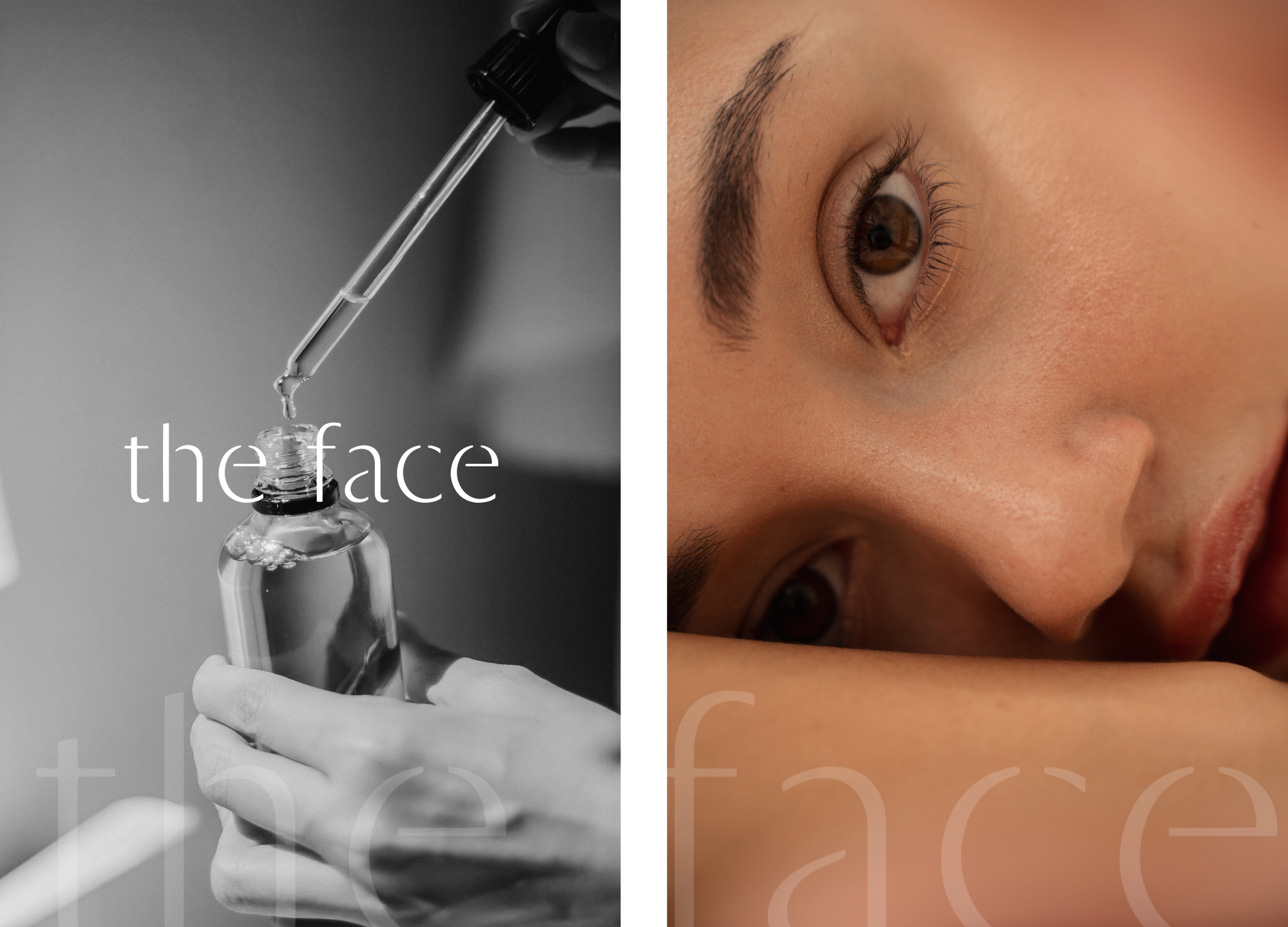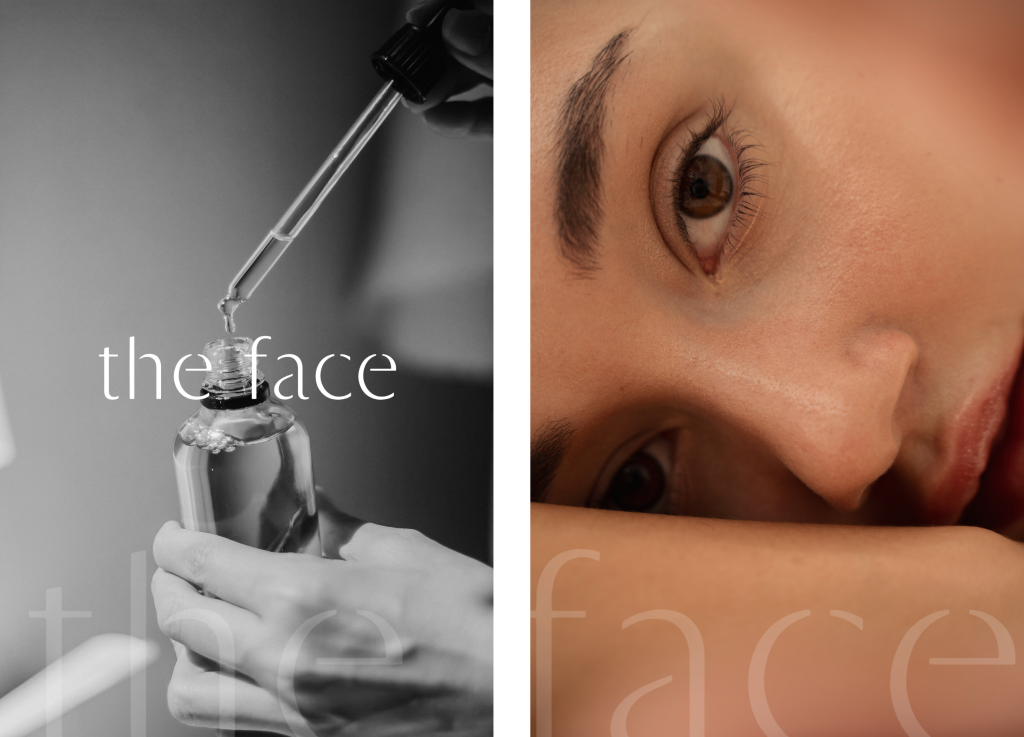Healthy Skin Essentials: A Medical Dermatology Guide

No one wants dull and unhealthy skin complexion but this is the reality of people living in the UAE. With the harsh sun, dry air, and daily stress, it’s almost impossible to achieve radiant, glowing skin. This is where medical dermatology comes in. Continue reading to know more about how you can keep your skin looking its best.
What is Medical Dermatology?
It is the branch of medicine that deals with the diagnosis and treatment of disorders of skin, hair, and nails. While cosmetic dermatology focuses on aesthetics, medical dermatology focuses on the skin’s health and treats conditions like acne, eczema, and skin cancer. Medical dermatologists are skin experts who help patients deal with skin-related concerns.
Why is Medical Dermatology Important?
Our skin is our body’s largest organ, and it plays an important role in protecting us. It’s our first defense against pollution, bacteria, weather elements, and more. Taking care of your skin should not just be about looking good, but also about staying healthy. Regular visits to a skin expert can help you detect and avoid worsening potential issues early on, manage chronic conditions, and maintain your skin’s overall health.
Common Skin Concerns in the UAE
Living in the UAE can result in different skin issues. Here are some common concerns that medical center clinic dermatology departments often treat:
- Sun Damage: The UAE being a desert, receives year-round sunshine which could be dangerous to our skin. Prolonged exposure to the sun’s UV rays can result in premature aging of our skin, painful sunburn, or worse, skin cancer. Skin experts keep reminding and recommending using broad-spectrum sunscreen with at least SPF 30 every day even in the rare chances that UAE is experiencing drizzles.
- Dry Skin: The dry climate in the UAE can strip our skin of its natural moisture making our skin dry, flaky, and easily irritated. A dermatologist can help us in choosing the right moisturizers and treatments to keep our skin hydrated and healthy.
- Hyperpigmentation: Another common issue that skin experts in the UAE deal with daily is hyperpigmentation. This is caused by sun exposure, hormonal changes, and inflammation that often leads to dark spots or patches on our skin. Treatments for this condition include topical creams, chemical peels, and laser therapy to even out the skin tone.
The Role of a Medical Dermatologist
A medical dermatologist is a skin expert who can help us keep our skin healthy by:
Diagnosis and Treatment: Medical dermatologists are trained to diagnose and treat a wide range of skin conditions. They often use dermatology medical devices to determine the root cause and best course of action in treating a skin issue.
Skin Cancer Screening: Skin cancer is one of the most common cancers worldwide, and early detection is key to overcoming this disease. Regular skin checks by an experienced dermatologist can help catch any suspicious moles or spots early on.
Personalized Skincare Advice: Everyone’s skin is different, and what works for your friend might not work for you. A dermatologist can assess your skin and advise on the products and treatments that can best address your skin concerns.
When to See a Medical Dermatologist
Even if you are disciplined in keeping up with your skincare regimen, there are times when you still need to seek professional help. Here are some signs that it’s time to book an appointment with a medical dermatologist:
- Persistent Skin Issues: If you’ve been dealing with a skin issue that keeps coming back like acne, eczema, or a rash that doesn’t improve even after using over-the-counter treatments.
- Suspicious Moles or Spots: If your moles are changing in size or color or you notice spots on your skin, it’s time to see a dermatologist to rule out skin cancer.
- Chronic Conditions: Conditions like rosacea, psoriasis, and dermatitis require ongoing management. A dermatologist can help you find the right treatment plan to manage your symptoms.
Cosmetic Concerns: There’s no harm in wanting to improve your skin’s appearance or see a dermatologist for cosmetic concerns such as scarring, hyperpigmentation or signs of aging.
Finding the Right Medical Dermatologist -
Wanting healthy skin is more than just vanity, it’s an essential part of maintaining our overall health and well-being. By understanding how important the role of a medical dermatologist is, you can keep your skin looking and feeling its best no matter how harsh the UAE climate is.
Reach out to a medical dermatologist for personalized advice and treatment options for your skin’s unique needs. Give your skin the care and attention it deserves to stay healthy and radiant.
Healthy Skin Essentials: A Medical Dermatology Guide

No one wants dull and unhealthy skin complexion but this is the reality of people living in the UAE. With the harsh sun, dry air, and daily stress, it’s almost impossible to achieve radiant, glowing skin. This is where medical dermatology comes in. Continue reading to know more about how you can keep your skin looking its best.
What is Medical Dermatology?
It is the branch of medicine that deals with the diagnosis and treatment of disorders of skin, hair, and nails. While cosmetic dermatology focuses on aesthetics, medical dermatology focuses on the skin’s health and treats conditions like acne, eczema, and skin cancer. Medical dermatologists are skin experts who help patients deal with skin-related concerns.
Why is Medical Dermatology Important?
Our skin is our body’s largest organ, and it plays an important role in protecting us. It’s our first defense against pollution, bacteria, weather elements, and more. Taking care of your skin should not just be about looking good, but also about staying healthy. Regular visits to a skin expert can help you detect and avoid worsening potential issues early on, manage chronic conditions, and maintain your skin’s overall health.
Common Skin Concerns in the UAE
Living in the UAE can result in different skin issues. Here are some common concerns that medical center clinic dermatology departments often treat:
- Sun Damage: The UAE being a desert, receives year-round sunshine which could be dangerous to our skin. Prolonged exposure to the sun’s UV rays can result in premature aging of our skin, painful sunburn, or worse, skin cancer. Skin experts keep reminding and recommending using broad-spectrum sunscreen with at least SPF 30 every day even in the rare chances that UAE is experiencing drizzles.
- Dry Skin: The dry climate in the UAE can strip our skin of its natural moisture making our skin dry, flaky, and easily irritated. A dermatologist can help us in choosing the right moisturizers and treatments to keep our skin hydrated and healthy.
- Hyperpigmentation: Another common issue that skin experts in the UAE deal with daily is hyperpigmentation. This is caused by sun exposure, hormonal changes, and inflammation that often leads to dark spots or patches on our skin. Treatments for this condition include topical creams, chemical peels, and laser therapy to even out the skin tone.
The Role of a Medical Dermatologist
A medical dermatologist is a skin expert who can help us keep our skin healthy by:
Diagnosis and Treatment: Medical dermatologists are trained to diagnose and treat a wide range of skin conditions. They often use dermatology medical devices to determine the root cause and best course of action in treating a skin issue.
Skin Cancer Screening: Skin cancer is one of the most common cancers worldwide, and early detection is key to overcoming this disease. Regular skin checks by an experienced dermatologist can help catch any suspicious moles or spots early on.
Personalized Skincare Advice: Everyone’s skin is different, and what works for your friend might not work for you. A dermatologist can assess your skin and advise on the products and treatments that can best address your skin concerns.
When to See a Medical Dermatologist
Even if you are disciplined in keeping up with your skincare regimen, there are times when you still need to seek professional help. Here are some signs that it’s time to book an appointment with a medical dermatologist:
- Persistent Skin Issues: If you’ve been dealing with a skin issue that keeps coming back like acne, eczema, or a rash that doesn’t improve even after using over-the-counter treatments.
- Suspicious Moles or Spots: If your moles are changing in size or color or you notice spots on your skin, it’s time to see a dermatologist to rule out skin cancer.
- Chronic Conditions: Conditions like rosacea, psoriasis, and dermatitis require ongoing management. A dermatologist can help you find the right treatment plan to manage your symptoms.
Cosmetic Concerns: There’s no harm in wanting to improve your skin’s appearance or see a dermatologist for cosmetic concerns such as scarring, hyperpigmentation or signs of aging.
Finding the Right Medical Dermatologist -
Wanting healthy skin is more than just vanity, it’s an essential part of maintaining our overall health and well-being. By understanding how important the role of a medical dermatologist is, you can keep your skin looking and feeling its best no matter how harsh the UAE climate is.
Reach out to a medical dermatologist for personalized advice and treatment options for your skin’s unique needs. Give your skin the care and attention it deserves to stay healthy and radiant.
